Cagliari Teatro Lirico Chorus and Orchestra & Anthony Bramall - Porrino: I Shardana (Live) (2015) [Hi-Res]
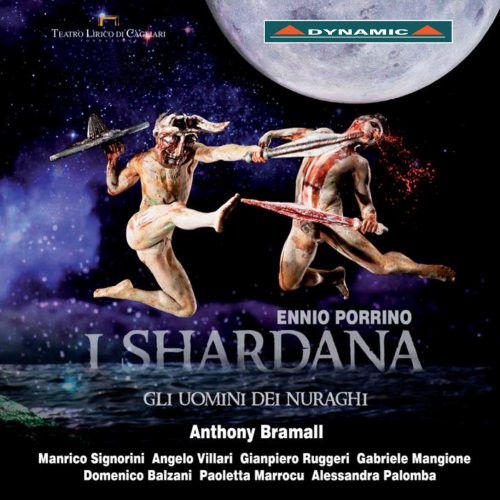
Artist: Cagliari Teatro Lirico Chorus, Anthony Bramall
Title: Porrino: I Shardana (Live)
Year Of Release: 2015
Label: Dynamic
Genre: Classical, Opera
Quality: flac lossless (tracks) / flac 24bits - 44.1kHz
Total Time: 01:48:29
Total Size: 457 / 940 mb
WebSite: Album Preview
TracklistTitle: Porrino: I Shardana (Live)
Year Of Release: 2015
Label: Dynamic
Genre: Classical, Opera
Quality: flac lossless (tracks) / flac 24bits - 44.1kHz
Total Time: 01:48:29
Total Size: 457 / 940 mb
WebSite: Album Preview
CD1
01. I Shardana: Prelude (Live)
02. I Shardana, Act I: Vita a Gonnario! (Live)
03. I Shardana, Act I: E non di me si parli (Live)
04. I Shardana, Act I: La la la la (Nuragic Dance) [Live]
05. I Shardana, Act I: È Norace di Nora! (Live)
06. I Shardana, Act I: Ah! Ah! (Live)
07. I Shardana, Act I: Come i tuoi baci (Live)
CD2
01. I Shardana, Act II: Cantano gli usignoli (Live)
02. I Shardana, Act II: Stavamo lavorando sulla riva (Live)
03. I Shardana, Act II: Canto d'amor che nella notte (Live)
04. I Shardana, Act II: Tradimento! Tradimento! (Live)
CD3
01. I Shardana, Act III: Vinse i nemici (Live)
02. I Shardana, Act III: Ah! Torbeno (Live)
03. I Shardana, Act III: Egli non rivedrà l'antica casa (Live)
04. I Shardana, Act III: La ninna nanna (Live)
05. I Shardana, Act III: Anninnia anninnia (Live)
06. I Shardana, Act III: Popolo esulta! (Live)
![Cagliari Teatro Lirico Chorus and Orchestra & Anthony Bramall - Porrino: I Shardana (Live) (2015) [Hi-Res]](https://www.dibpic.com/uploads/posts/2022-07/1657714002_anthony-bramall-porrino-i-shardana-live-2015-back.jpg)
'I Shardana' is set in a free Sardinia, an island where rigorous rules are in force and its people do not tolerate invasions or spiritual contamination, a time when – as Ennio Porrino (b. 1910) specifies in the score – shepherds were warriors and judges, “when man did not believe in one God but in the power of the stars, and worshipped the dead and the waters”.The opera’s first drafts date from 1934-35, but the work only debuted years later, on 21st March 1959, at the San Carlo theatre in Naples, with its final title of I Shardana and Porrino himself conducting. The composer would die suddenly a few months later.
Porrino’s drama mirrors a period in archaeology when Nuragic Sardinia was discussed even in non-specialist circles, with the island’s bronze statuettes and megaliths recalling a primeval society at the origins of European civilization. Hutalabì, indeed, is the ancient war cry of Sardinian horsemen, and the opera speaks of times when – as Porrino specifies in the score – shepherds were warriors and judges, “when man did not believe in one God but in the power of the stars, and worshipped the dead and the waters”.
I Shardana, therefore, is set in a free Sardinia, an island where rigorous rules are in force and its people do not tolerate invasions or spiritual contamination.
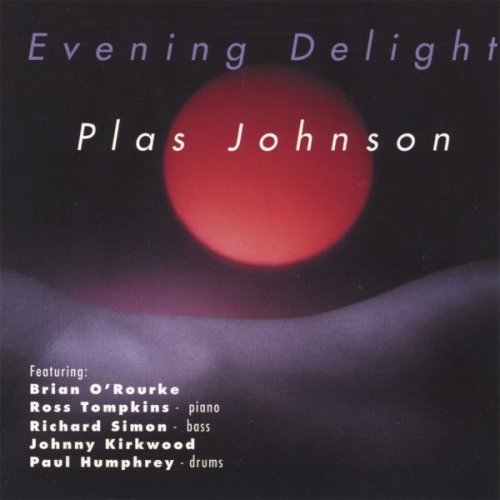
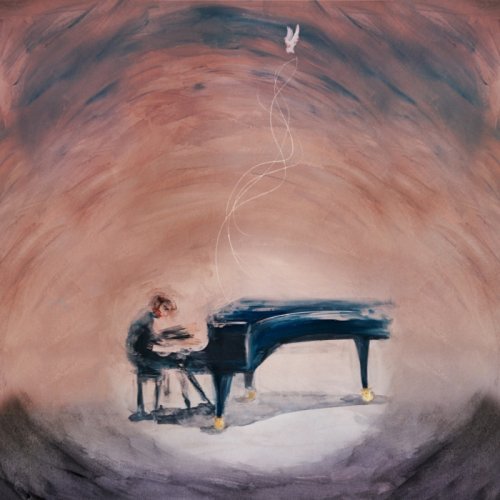
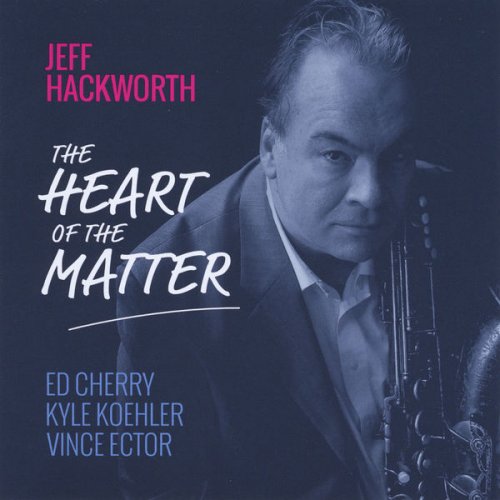
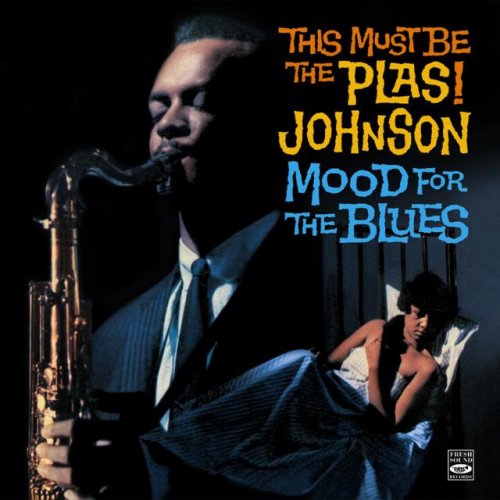
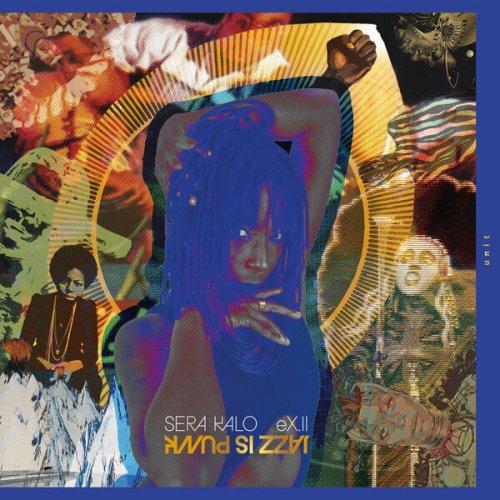
![Mike Campbell - Let The Music Play On (2026) [Hi-Res] Mike Campbell - Let The Music Play On (2026) [Hi-Res]](https://www.dibpic.com/uploads/posts/2026-01/1769151043_kuhulekwzp16a_600.jpg)
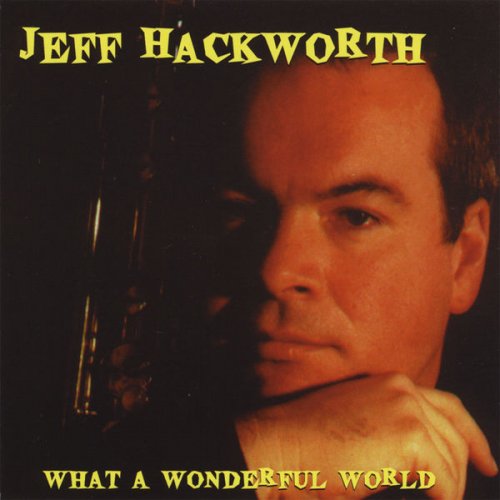
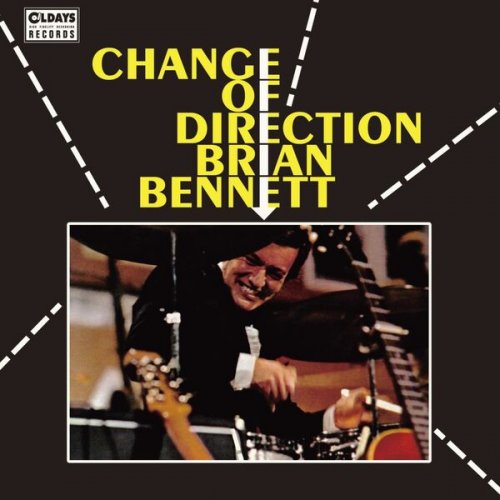
![Longineu Parsons - Longineu Parsons (2026) [Hi-Res] Longineu Parsons - Longineu Parsons (2026) [Hi-Res]](https://www.dibpic.com/uploads/posts/2026-01/1769026318_tza9dsyz6bbtu_600.jpg)